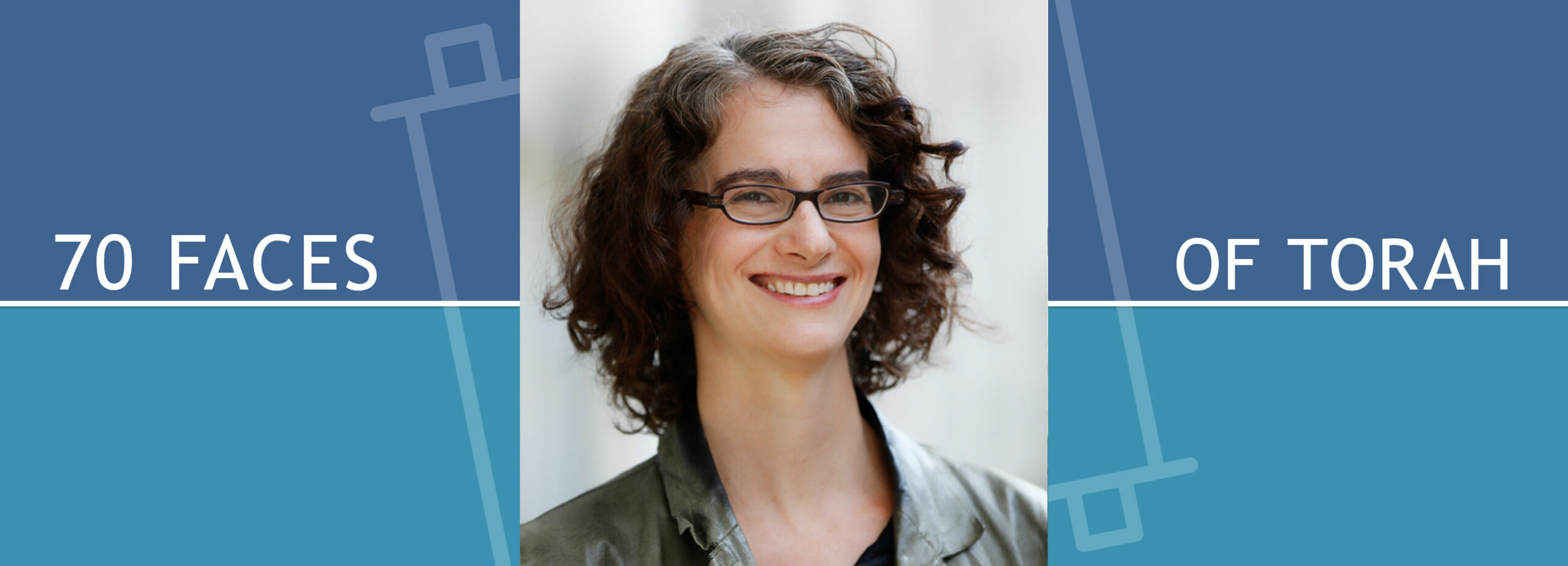Numbers Asking for Change

 About ten years ago, I was introduced to two books that have become part of my must-read list: Women Don’t Ask and Ask For It. Written by Linda Babcock and Sara Laschever, these books describe the cultural reasons women do not often ask for what they want, the costs of not doing so, and strategies for negotiation. In contexts both personal and professional, these books teach women how to ask and, in the process of asking, to engage in structural and societal change.
About ten years ago, I was introduced to two books that have become part of my must-read list: Women Don’t Ask and Ask For It. Written by Linda Babcock and Sara Laschever, these books describe the cultural reasons women do not often ask for what they want, the costs of not doing so, and strategies for negotiation. In contexts both personal and professional, these books teach women how to ask and, in the process of asking, to engage in structural and societal change.
And so with these books in mind, I am particularly struck in this week’s parshah by the question, “Lamah?” (“why) that Mahlah, Noah, Hoglah, Milcah, and Tirzah ask after their father’s death. “Why,” these five women say, “should our father’s name be lost simply because he did not have a son? Give us land amongst our father’s kinsmen” (Numbers 27:4). In asking for land after their father Zelophehad’s death, Mahlah, Noah, Hoglah, Milcah, and Tirzah challenge a patriarchal system where only sons inherit. Coming before not only Israel’s leaders—Moses, Eleazer, and the chieftains—but also the entire community, these women have the audacity to negotiate for change. Indeed, the Torah describes the daughters of Zelophehad as crafting a clever message to ask for their inheritance. They argue that since their father did not join Korah’s rebellion against God, his death without male heirs should not be viewed as punishment. Rather, Zelophehad’s name should be passed on through their inheritance of his land.
What gives Mahlah, Noah, Hoglah, Milcah, and Tirzah the confidence to ask for this change? A striking early midrashic tradition depicts the sisters consulting with one another before they present their argument:
When the daughters of Tzelophehad heard that the land would be divided among the tribes to males and not to females, they gathered to counsel one another. They said, “Human compassion is not like God’s compassion. Humans have compassion on males more than females. But the One who Spoke the World into Being is not like this. God’s compassion is on males and females [equally]. God’s compassion is on all. As it is written, “God is good to all and God’s compassion is for all God’s creations” (Psalms 145:9). (Sifrei Bemidbar 133)
These five women name for themselves the injustice of human law and a confidence in God’s law. Humans law is biased towards males; Divine law rests equally on all of God’s creations. And in fact, when Moses does bring the daughters’ case before God for judgement, God sides with the daughters. If a man dies without a son, God rules, property should be transferred to his daughter.
This successful negotiation is not, however, ultimately without compromises. For as the story continues, the Torah limits a daughter’s right of inheritance. Any female who inherits her father’s land must marry into her father’s tribe in order to ensure that his land is not passed out of his tribe; she is not free to marry outside the tribe. We should ask, the story teaches, but we may also not get everything that we want.
As I watch our country’s leaders take children from their parents in the name of law, I hope that, following in the footsteps of Mahlah, Noah, Hoglah, Milcah, and Tirzah we too will gather together to remember and to remind that Divine compassion falls on all God’s creation. And, following in these daughter’s footsteps and with their knowledge of the possibility for and limits of change, I trust that this shabbat we will ask, “Lamah?” and then have the audacity to strategize for the change our country so deeply needs.
Jane Kanarek is Associate Professor of Rabbinics at theRabbinical School of Hebrew College in Newton Centre, MA.
Interested in a possible career in the rabbinate? Read Rabbi Dan Judson’s article “Jewish Lessons on Meaningful Work.“ Rabbi Judson is Dean of the Rabbinical School of Hebrew College. He has a PhD in Jewish history from Brandeis University.

